I wear my culture

Yuan Fang is in love with traditional Chinese clothing and wears it as often as possible. Also at school. (Photo: Anna Holte)
Yuan Fang, an MBA student from China, almost looks like someone from an Asian fairytale when she wears her traditional Chinese clothes. She likes this old-fashioned style, and only ditches it when it rains. CBS WIRE sat down with her to talk about Chinese and Danish culture.
Sometimes you see a person, and you instantly know they have a story. Although you don’t know what it is. Yuan Fang, an MBA student from China who is on exchange at CBS, is such a person.
A few weeks back, CBS WIRE’s photographer, Anna Holte was taking pictures for CBS WIRE’s photo gallery and suddenly she spots Yuan Fang in the halls of Solbjerg Plads. Her white silk garments flow gently around her with every step she takes.
Anna Holte cannot let her leave. She just has to take her picture, and Yuan Fang agrees to do an interview later on.
I’d only seen the pictures Anna Holte had taken of Yuan Fang before I meet her for the interview, and it almost looks as though Yuan Fang floats when she enters the office.
That day, she wears a turquoise skirt that lightly touches the ground, and she apologizes in a soft voice for arriving a few minutes too early.
As well as the skirt, Yuan Fang is wearing a jacket in sheer white silk, and underneath she has a pastel green shirt that is tied with laces on the right-hand side. Her looks reminds me of J.R.R. Tolkien’s elves. Light and gentle creatures with kind facial expressions and astonishing clothing.
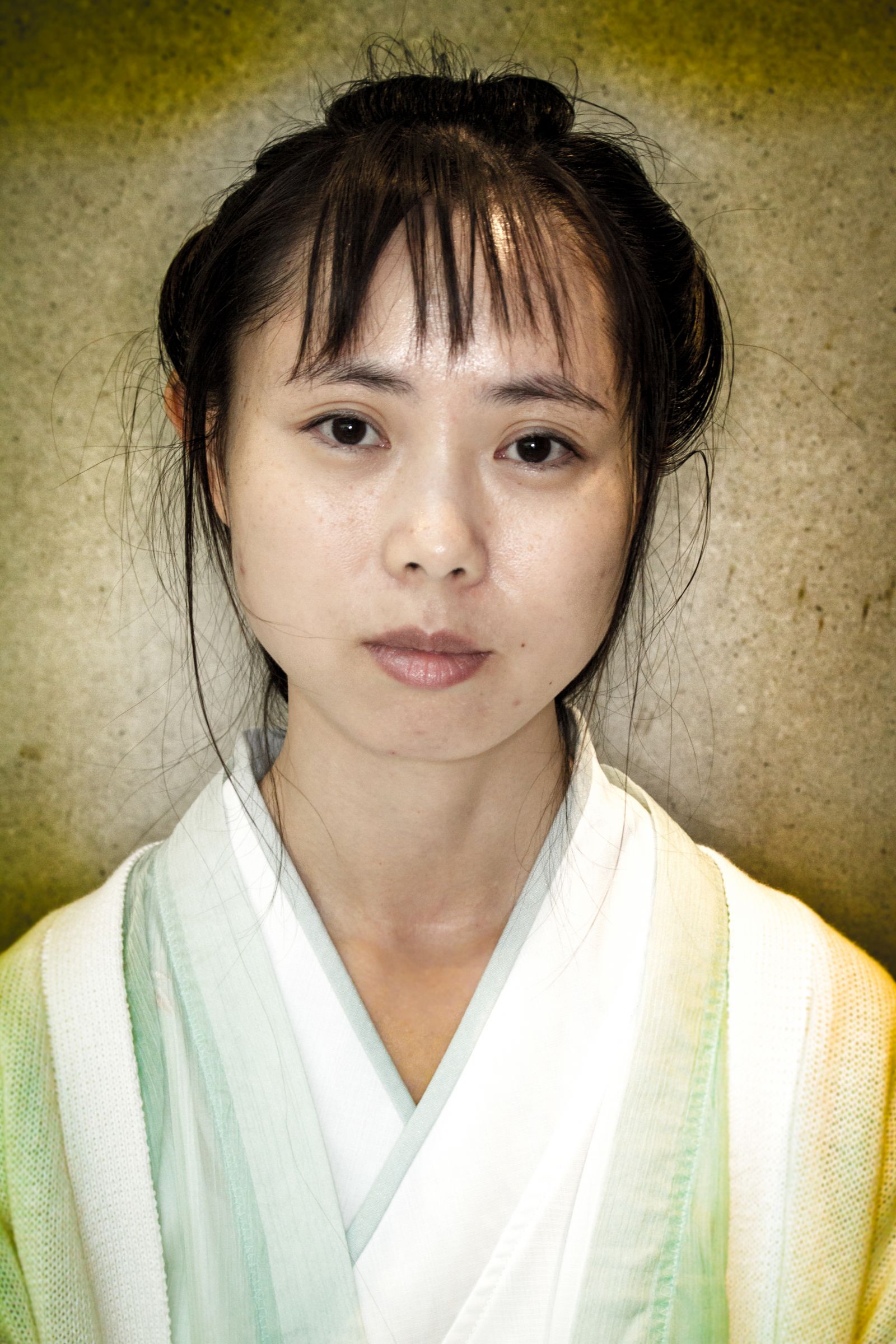
Denmark – a convenient country
But before we can talk about why Yuan Fang is dressed in traditional Chinese clothes, I have to get the basics right.
The 33-year-old is not from another world or dimension. She is from the Zhe Jiang province in China, a little south of Shanghai. She is studying for her MBA at the Keio University in Tokyo, Japan, and before that she worked in Shanghai for eight years. She speaks Chinese, Japanese and English fluently.
Yuan Fang explains that she had several options for her exchange, but she ended up choosing Denmark and CBS, as “everyone speaks English and that’s quite convenient, and then I can visit other countries easily,” she says.
At the moment, her class is having a course focused on customer experience and marketing. But the courses change every month, which means they have four courses in total this semester.
“It came as a big surprise to me that I had so many courses to choose from. In Japan, I would have 30 courses to choose from, but here I have 200. That means I can learn so much more,” she says.
And not only are the courses diverse, her classmates are too.
“In Japan, you don’t have that many international students. And most of them are from China. But here, you have so many nationalities in one classroom,” she says.
When the old is in
Even though Yuan Fang is 33, she is happy to be back at school because this means she can wear her traditional clothing more often. Except on rainy days, she points out. Then she will wear “normal clothing,” as she puts it, referring to jeans and a blouse.
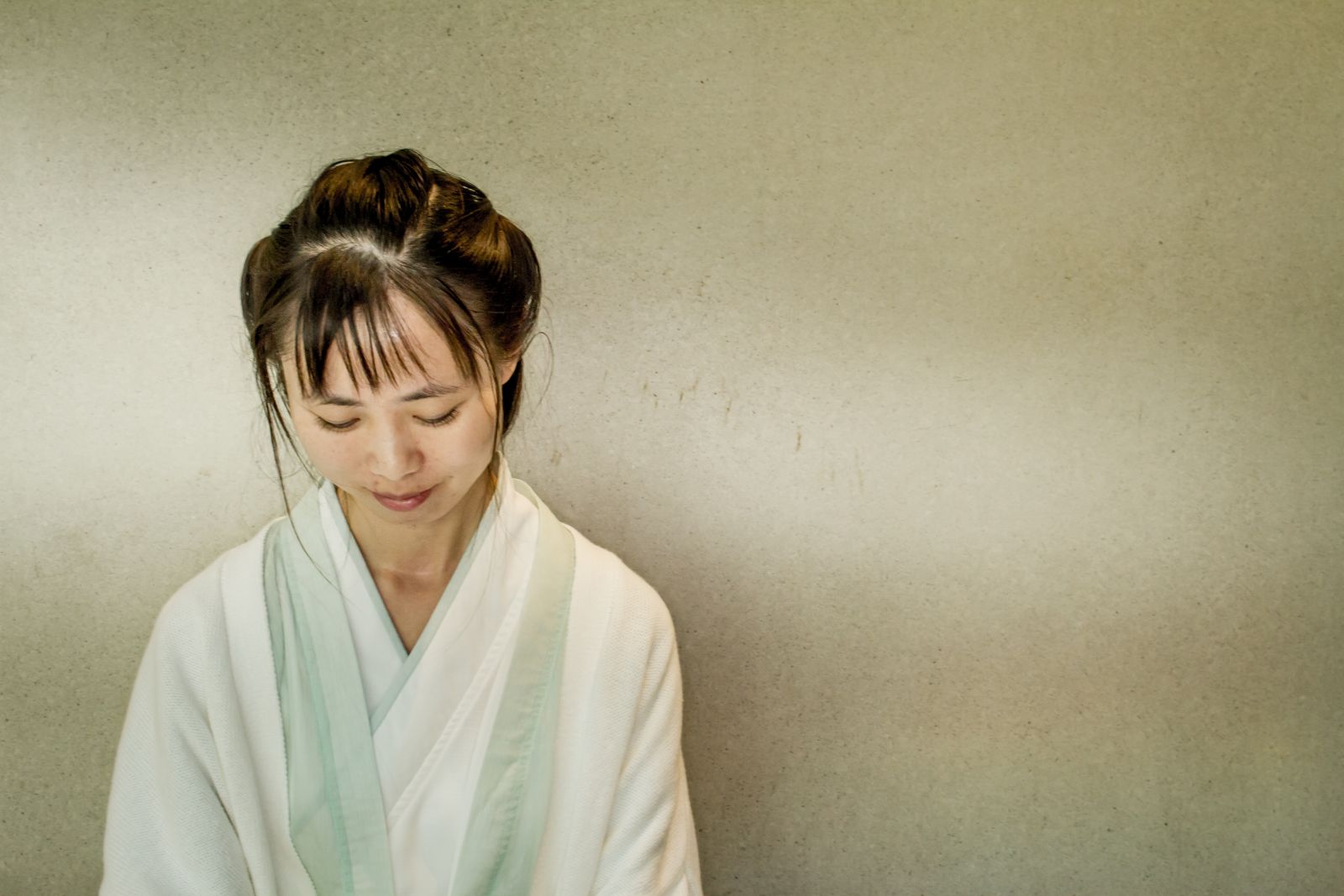
“When I worked in Shanghai I didn’t wear this clothing very much. Only at weekends. But at school, I can wear it every day. When I began my studies, I changed my wardrobe completely, so now I can dress differently every day during the week,” says Yuan Fang.
When I think of traditional Chinese clothing, I think of the slick, silk dresses in bright colors. But they are not as old-fashioned as the clothing that Yuan Fang wears, she tells me, and adds that more young people have begun to wear traditional clothes.
“One reason is that they are more confident wearing it, and it is how people can stand out. Also, I think that the young generation is freer and have more choice. Back in the day, you would be more concerned about what other people thought about you, so you wouldn’t wear traditional clothing even though you really wanted to,” she says.
But what is it about this way of dressing that she likes so much?
“Since I was a little girl, I have been interested in old things, like our history and culture, and I just felt comfortable in these clothes. It’s a way for me to wear my culture,” she says and continues:
“Also, I think that the old-fashioned garments are like heirlooms from our ancestors, and we should not throw that away.”
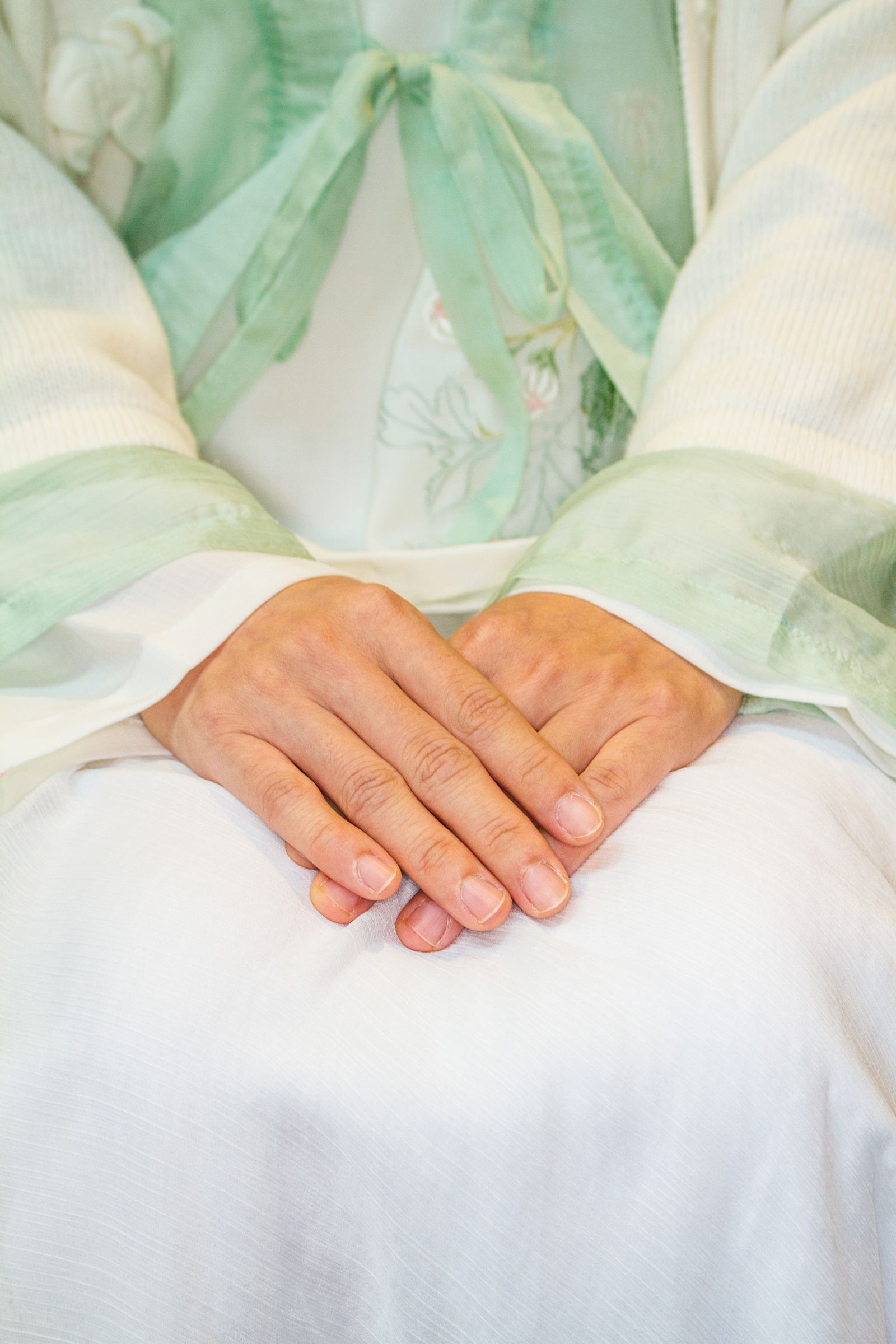
A comfortable culture
I notice that the bottom of her skirt has some tiny embroidered flowers, and the same goes for her denim-colored boots when she lifts up her skirt a little.
“All this embroidery is handmade,” she says and takes off the silk jacket and shows me some more on her blouse.
“No matter what size you are, you can wear this type of clothing. You just adjust the laces here on the side,” she says and shows me three laces that keeps the blouse in place.
On the day that Anna Holte spotted Yuan Fang, she was all in white, and on the day of the interview, she is wearing mostly white and green/turquoise. And there is a logic to that.
“During the summer, you mostly wear white and light colors. But as autumn and winter approach, you start wearing slightly darker colors, like the color of my dress,” she says.
I ask if she ever wears black, as I’m all dressed in black – like most days at the office.
“I have noticed that Danes wear black a lot, but none of my traditional clothing is black. Back in the day, the color black was only for the emperor, especially during the Qin Dynasty, or for dead people,” she says.
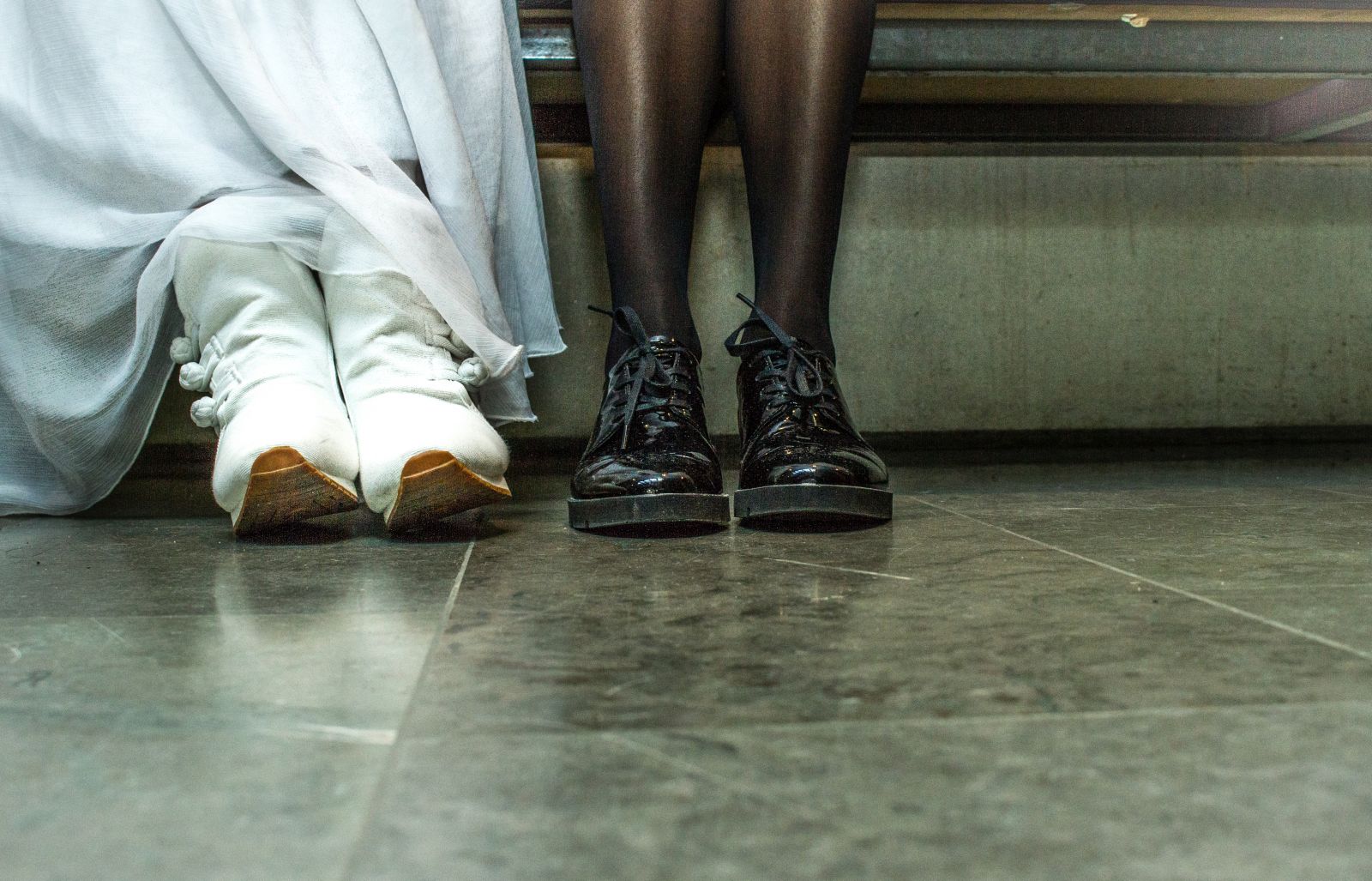
Danish concepts
Yuan Fang came to Copenhagen on August 24, and she has already noticed a lot of differences and got accustomed to a special Danish dish.
“It is nice in Copenhagen, as there are not as many people and you can have actually time for yourself. In China and Japan, it is very densely populated,” she says and refers to a Chinese saying to describe the number of people in Asia: “People mountain, people sea.”
But the lack of people and the little country in the north also makes us a little bit “boring,” says Yuan Fang with a big smile.
“I can see a large part of Denmark in one weekend, and I only need one day to see most of the city center in Copenhagen,” she says.
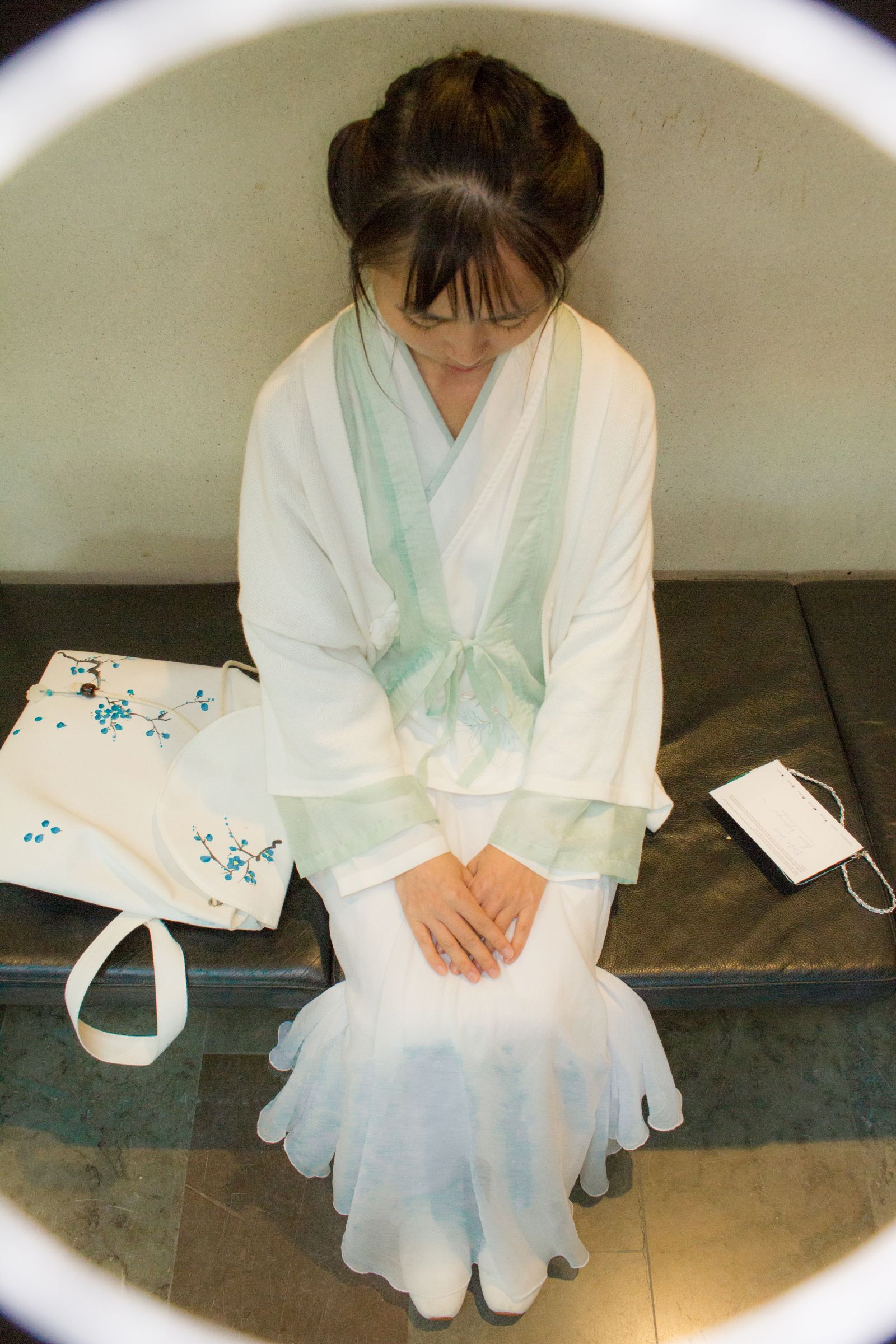
Since arriving in Denmark, Yuan Fang says that most people have recommended a classic open-faced sandwich. A concept she did not quite grasp at the beginning.
“An open-faced sandwich. The idea is….,” she pauses and laughs, before she continues:
“Normally you have bread, something and bread,” she says while imitating a sandwich with her hands.
“But an open-faced sandwich is just bread and something. It’s quite easy to make, and now I can tell my friends that I can make Danish food,” she says.
However, Yuan Fang has introduced a Chinese twist to the classic, Danish dish.
“When I make it, I like to have it with tuna, egg and cheese. It’s not that Danish, but the idea is the same,” she says.
Yuan Fang is here until the end of the semester when she plans to visit other European countries. And then she hopes to become acquainted with a world-famous Danish term.
“I hope I can learn more about this ‘hygge’-thing. I know I can’t learn everything about it, but I just want to get an idea of what it is,” she says.
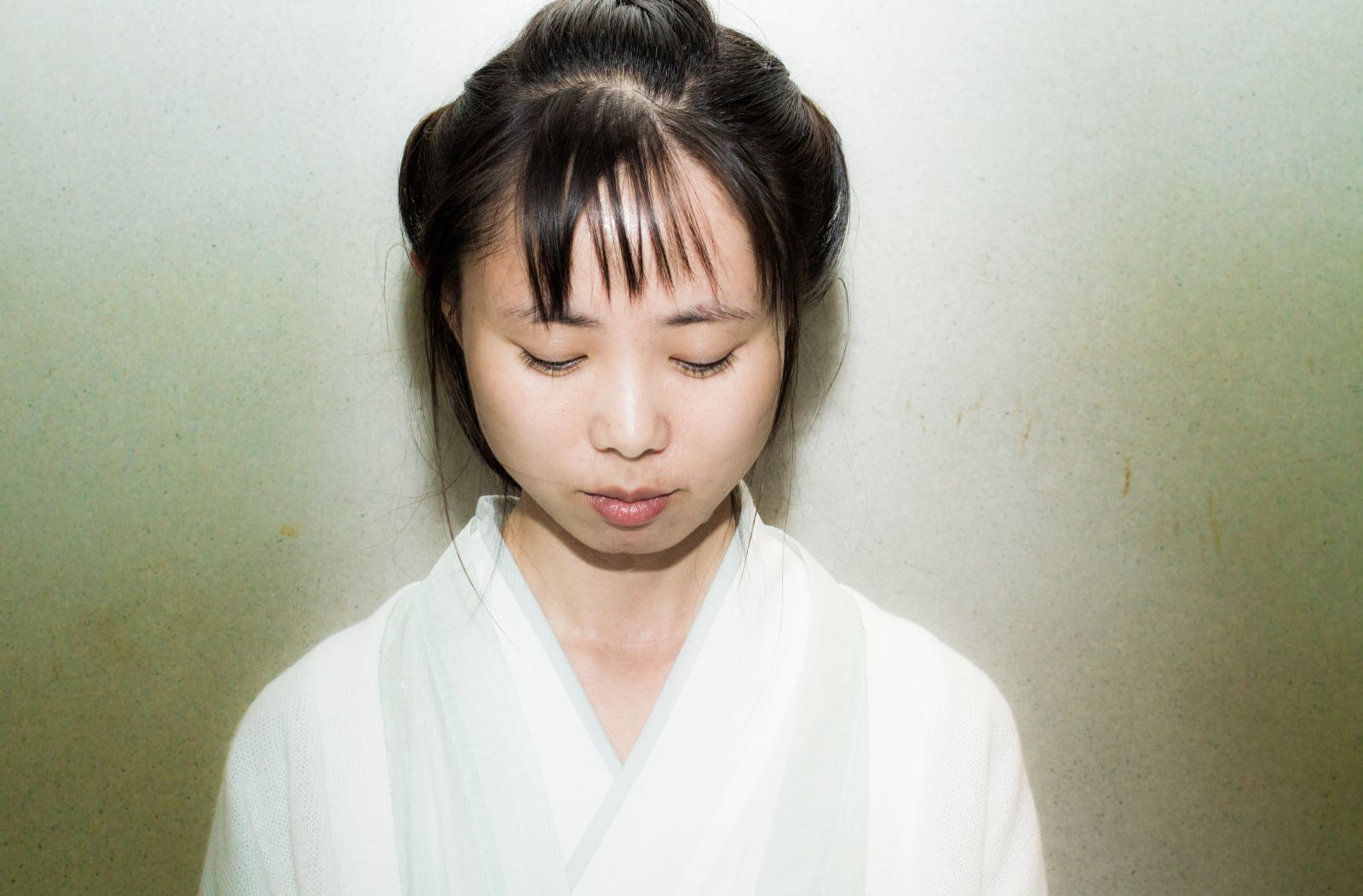




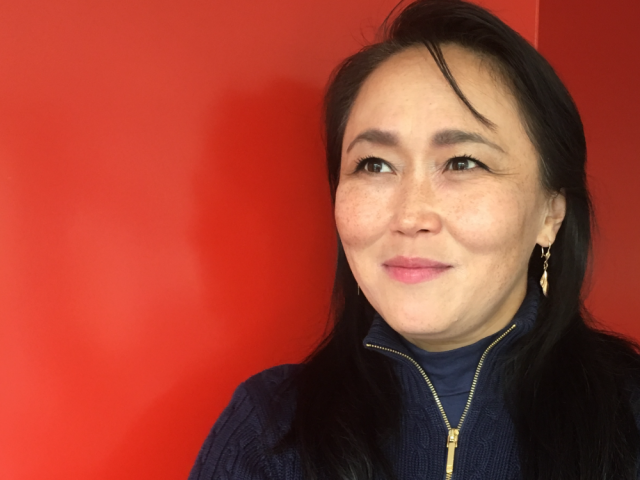
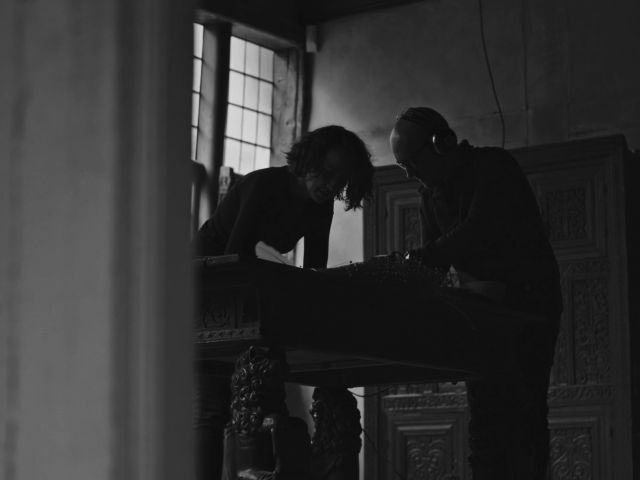

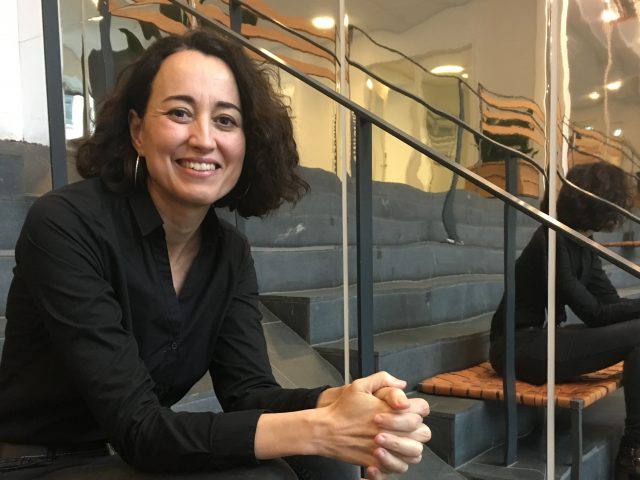
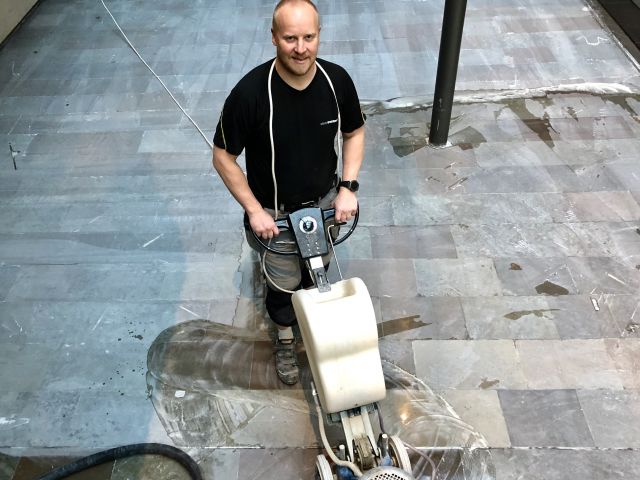





























































































































Comments